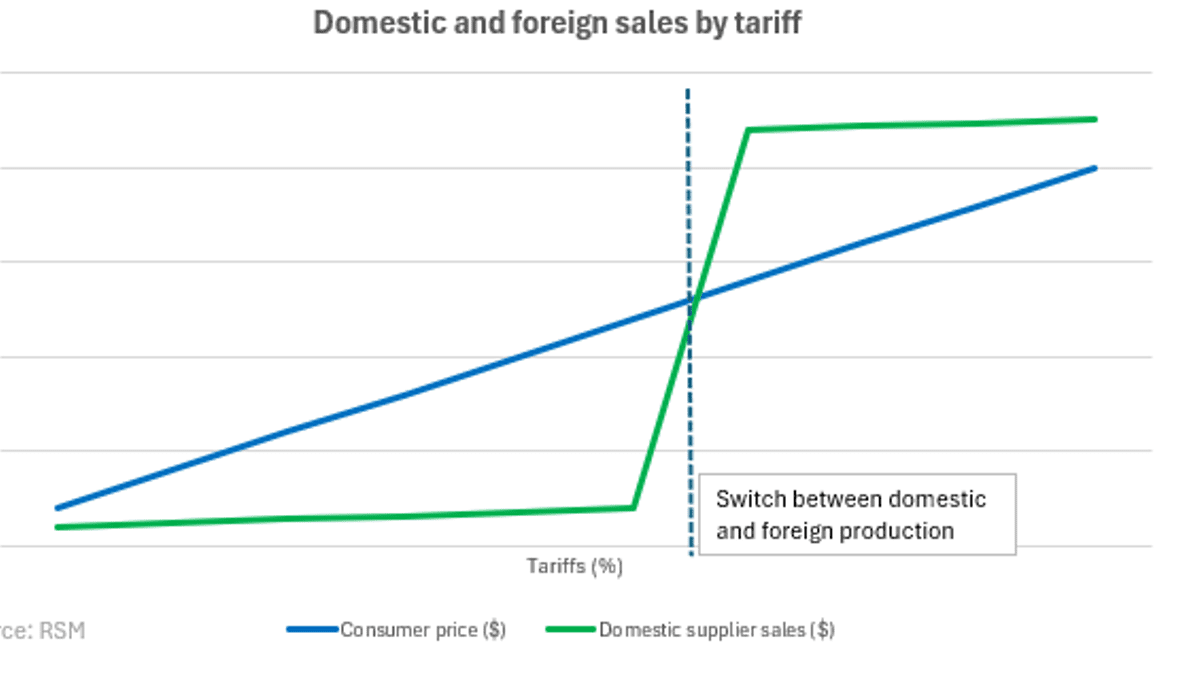
For US tax purposes, an alien is a foreign national who is neither a US citizen nor a US national. Aliens can hold either resident alien status or nonresident alien status. And your status affects your income tax obligations here in the US.
Resident alien status applies to aliens who meet either the green card test or the substantial presence test for the calendar year. Conversely, nonresident alien status is reserved for aliens who do not meet either test.A resident alien meets the green card test if the individual must seek to live in the US permanently as an immigrant and holds a green card. To meet the substantial presence test, an alien must be physically present in the US for at least 31 days during the current year and at least 183 days during the last three years, determined as follows:
- all the days they were present in the current year;
- 1/3 of the days they were present in the year before; and
- 1/6 of the days they were present in the year before that.
In some cases, not all days are “counted” for the substantial presence test. Certain visa holders, like the F-1 and J-1 visas, are allowed to exclude the days that they are in the US for the purpose for which the visa was granted. Therefore, the calculations may not be as straightforward as they seem.
If a resident alien is filing for the tax year in which they arrived or departed from the US, or if they recently changed their immigration status, they could be a dual-status alien, qualifying as both a nonresident alien and a resident alien in the same tax year. So, it’s essential to understand the tax implications of each status. Furthermore, there are elections to file the whole year as a resident alien if certain requirements are met.
Tax Implications of Resident Alien Status
The US tax obligations for resident aliens are similar to those of US citizens. All worldwide income, including interest, dividends, wages, or other compensation for services, income from rental property or royalties, and other types of income, is subject to US income tax.
Resident aliens report income to the IRS using Federal Form 1040 and are eligible for the same credits and deductions as US citizens. And you must report all worldwide income, even if you remain outside the US for an entire year.
For state income tax purposes, residency is determined by each state’s laws. In Massachusetts, a person is considered a resident if they lived in the Commonwealth or spent over 183 days of the calendar year there. In this case, they must file a Massachusetts tax return using MA Form 1 if their gross income was more than $8,000.
Tax Implications of Nonresident Alien Status
The US income tax obligations are reduced for those with nonresident alien status. In general, only US-sourced income is taxed by the US. In particular, capital gains are not subject to US income tax except in certain situations where a nonresident alien is in the US for more than 183 days.
Nonresident aliens use Federal Form 1040-NR to report income that is effectively connected with a trade or business in the US. After allowable deductions, effectively connected income is taxed at the same graduated rates that apply to US citizens and residents.
In addition, nonresident aliens must report US-sourced income that is Fixed, Determinable, Annual, or Periodical (FDAP). FDAP is generally passive type income, including interest, dividends, and royalties which are sourced to the US but not effectively connected with a trade or business. No deductions are allowed against FDAP income, which is taxed at a flat 30% and typically subject to withholding. If they have FDAP income that is not effectively connected with a US trade or business, they would report it on Schedule NEC when filing Form 1040-NR. If a nonresident alien has only FDAP income, they may not be required to file a return as long as the correct withholding rate has been applied. Some nonresident aliens may qualify for reduced rates or exemptions under international treaties between the US and certain other countries.
State laws may differ for nonresident alien taxation as well. In Massachusetts, nonresidents from other countries are generally taxed like nonresidents from other states. Nonresidents with an annual Massachusetts gross income of more than $8,000 (or the prorated personal exemption, whichever is less) must file a Massachusetts tax return using MA Form 1-NR/PY.
Some states honor the provisions of international tax treaties; others do not. Certain nonresident aliens who are exempt from federal taxation because of a tax treaty will also be exempt from Massachusetts taxation on Massachusetts-sourced income.
Contact LGA
LGA’s International Tax Services Team is equipped with the resources to address a wide variety of international tax needs.
Contact me today if you have questions about US or state taxation based on your residency status, eligibility for international treaty exemptions, or other international tax matters.






